


Australia's recent move to lower the starting age for bowel (colorectal) cancer screening from 50 down to 45 years old will mean better outcomes -- but...



Breast cancer deaths among women ages 20-49 declined significantly between 2010 and 2020, according to a new study.



People with the hereditary disease familial adenomatous polyposis (FAP) have a greatly increased risk of developing a malignant tumor of the duodenum. Researchers have now discovered...



In recent years, cell therapies have developed alongside chemotherapy and immunotherapy to become a new pillar in the treatment of patients with blood and lymph gland...

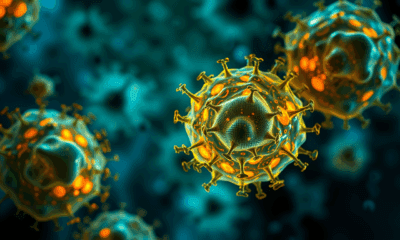

A study uncovers intricate details about protein function at the molecular level. The discovery could transform disease diagnostics and treatment.

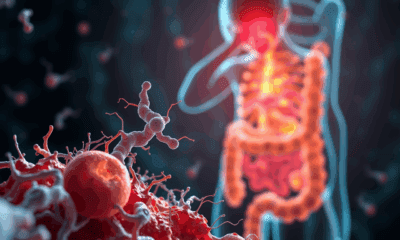

An international team has identified a potential microbial culprit behind the alarming rise in early-onset colorectal cancer: a bacterial toxin called colibactin. Scientists report that exposure...



Older adults with cancer respond just as well as younger patients to immune checkpoint inhibitors despite age-related immune system differences, according to a new study.

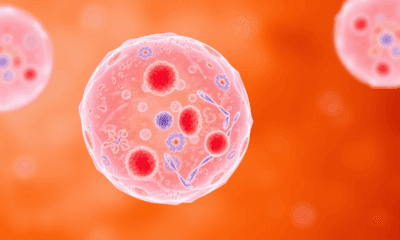

Researchers have made significant advancements in understanding the earliest stages of stomach cancer, a leading cause of cancer-related deaths worldwide, through two recent innovative studies. With...
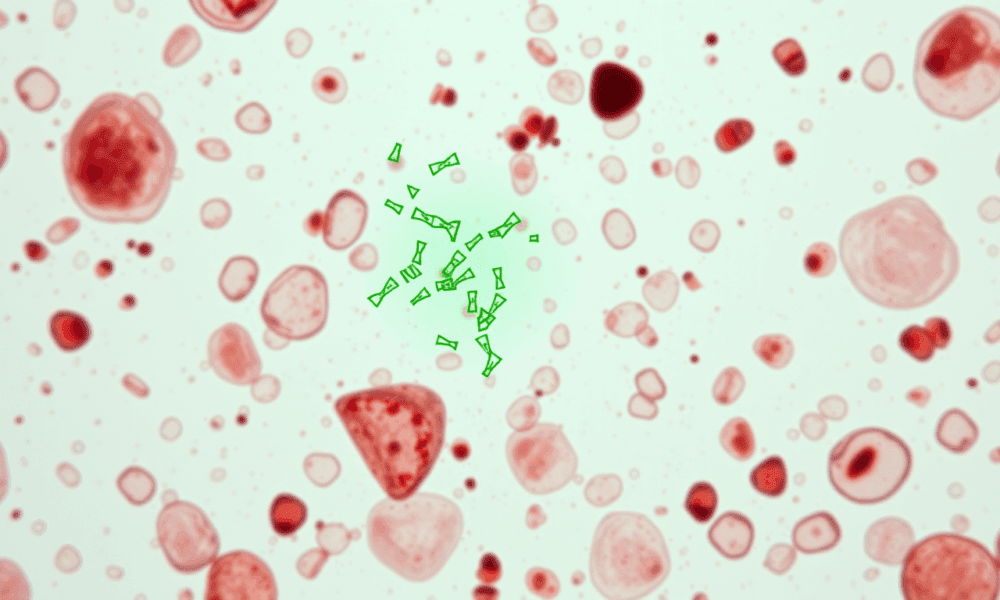
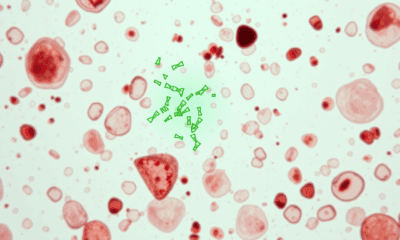

Monitoring blood levels of DNA fragments shed by dying tumor cells may accurately predict skin cancer recurrence, a new study shows.
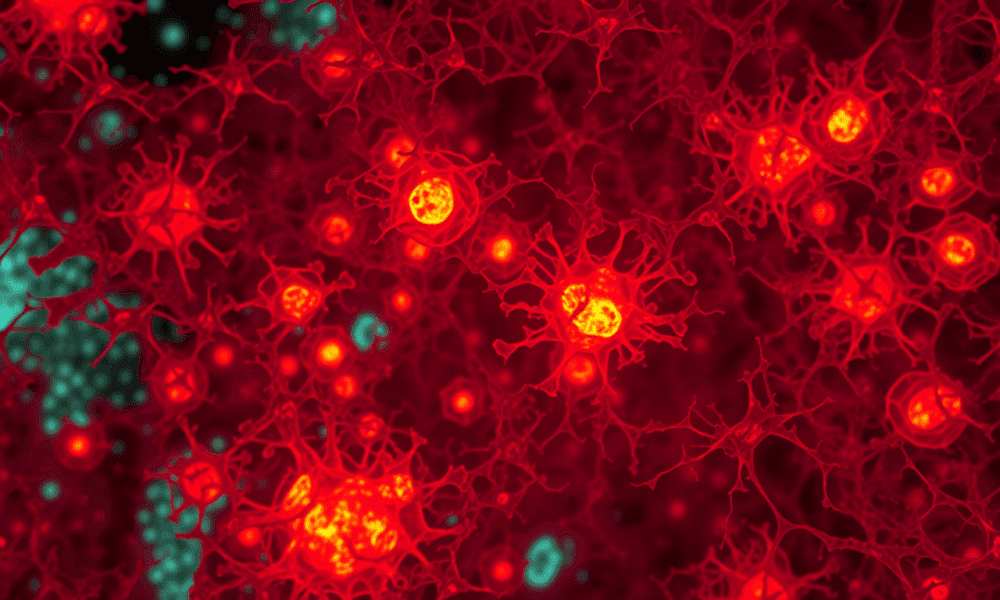
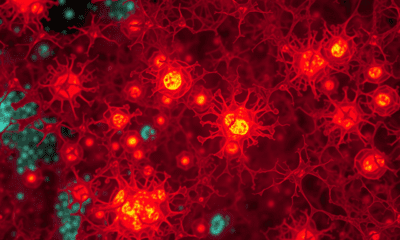

A study demonstrates the role of the Galectin-1 protein in the nucleus of the cells surrounding the tumor -- fibroblasts -- contributing to their activation. Activated...